🐾 Puppy Training 101: How to Train and Educate Your Puppy at Home
🐾 Introduction
Potty training is one of the first and most important lessons every puppy must learn.
It’s the foundation of a clean, stress-free home and a happy bond with your dog.
In this guide, you’ll learn how to potty train your puppy effectively, avoid common mistakes, and establish habits that last a lifetime — using gentle, positive methods only.

🕒 Why Early Potty Training Matters
Starting early means fewer accidents and faster learning.
Between 8 to 16 weeks, puppies are ready to understand routines and start controlling their bladder.
💡 The goal isn’t perfection — it’s consistency.
The sooner your puppy understands “where to go,” the stronger the trust between you will grow.
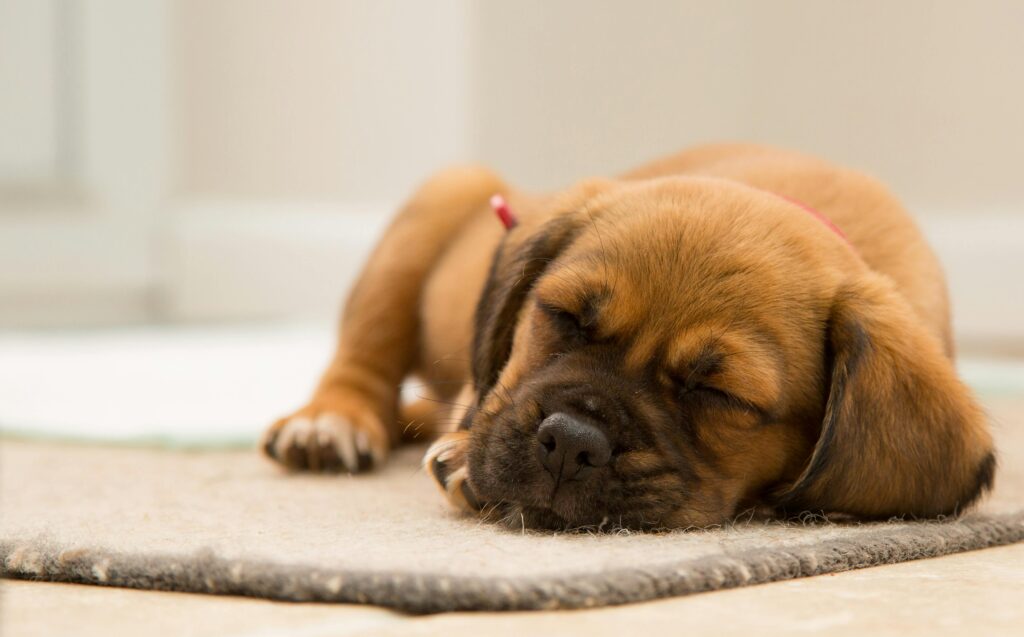
🏡 Step-by-Step Potty Training Guide
🥇 Step 1: Choose a Designated Spot
Pick a specific area outdoors (or indoors if you live in an apartment).
Take your puppy there every time after meals, naps, and play sessions.
⏰ Typical potty times:
- After waking up
- 10–15 minutes after eating or drinking
- After playtime
- Before bedtime

🥈 Step 2: Use a Consistent Command
Choose a simple cue like “Go potty!” or “Do your business.”
Say it every time your puppy goes to the bathroom in the right spot — then reward immediately.
🐶 Reinforce the behavior within 3 seconds so your puppy connects the action with the praise.
🥉 Step 3: Reward Good Behavior
Always celebrate success! 🎉
Use:
- Small treats
- Verbal praise (“Good job!”)
- Gentle petting
Avoid punishment. It creates fear and confusion. Instead, clean up accidents calmly and refocus on the next opportunity.
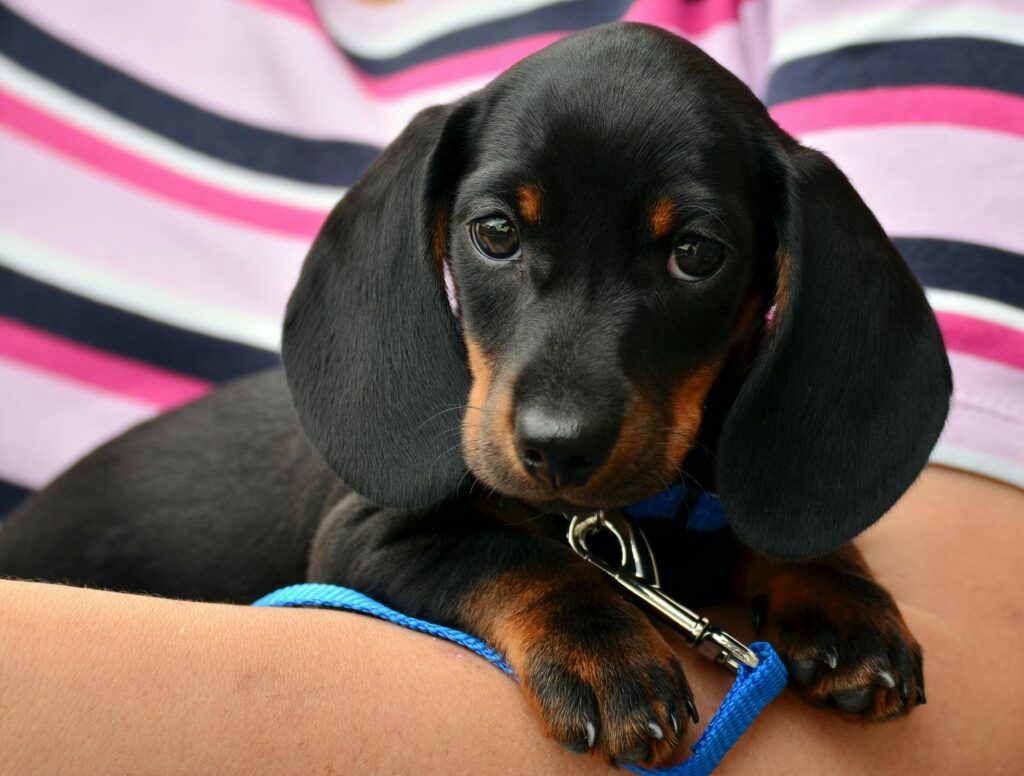
🏆 Step 4: Keep a Schedule
Puppies love routine.
Feed, walk, and potty at the same times every day. This strengthens their internal clock and reduces accidents.
📅 Example daily rhythm:
| Time | Activity |
|---|---|
| 7:00 AM | Wake up & potty |
| 7:30 AM | Breakfast |
| 8:00 AM | Potty again |
| 12:00 PM | Lunch + potty |
| 5:00 PM | Dinner + potty |
| 10:00 PM | Final potty before bed |
🧽 Step 5: Handle Accidents the Right Way
Accidents happen — and that’s okay!
When they do:
- Stay calm — never scold.
- Clean thoroughly with an enzyme cleaner (removes odor to prevent re-marking).
- Adjust your schedule if accidents repeat (you might be missing a timing cue).
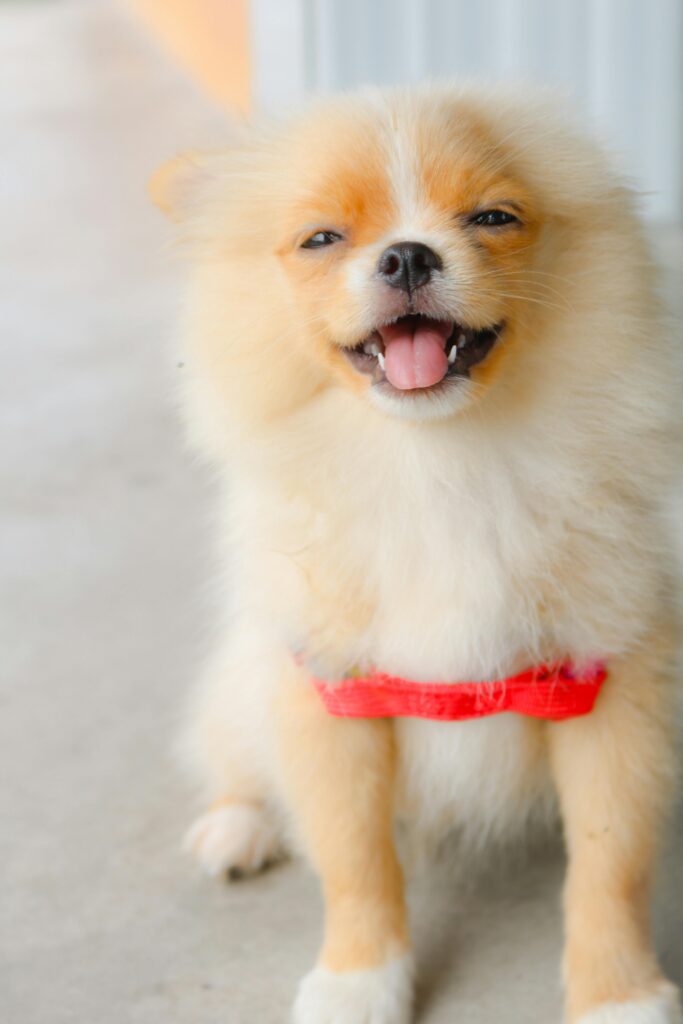
💡 Crate Training for Potty Success
Crate training can accelerate potty training by teaching your puppy to control their bladder.
Dogs naturally avoid soiling where they sleep.
✅ Tips for crate use:
- The crate should be big enough to stand, turn, and lie down comfortably.
- Never use it for punishment.
- Take your puppy out every 2–3 hours.
Within a few weeks, your puppy will understand that the crate is their safe, clean space.
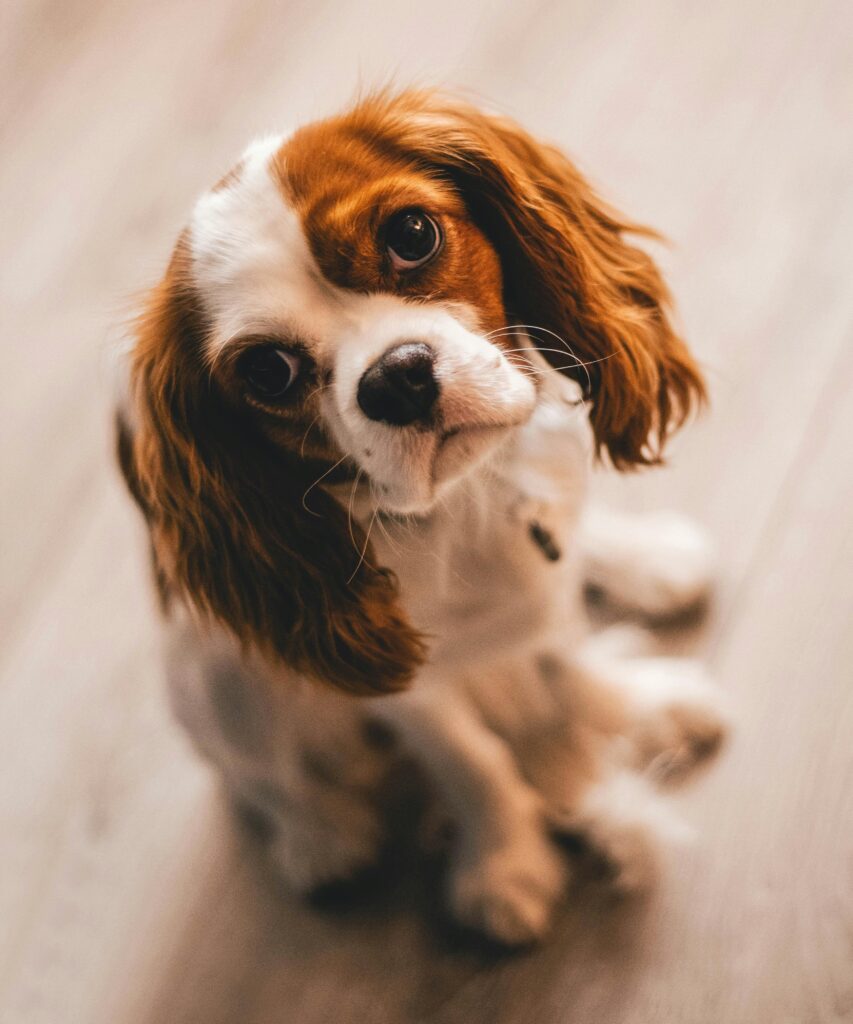
🚫 Common Mistakes to Avoid
- ❌ Using harsh punishment after accidents
- ❌ Changing potty spots too often
- ❌ Skipping praise after success
- ❌ Not watching for “potty signals” (sniffing, circling, whining)
- ❌ Leaving food and water out all day
A calm, structured approach always wins over frustration.
📈 Progress Tracker Example
| Week | Focus | Expected Results |
|---|---|---|
| Week 1 | Introduce schedule | Accidents common, routine forming |
| Week 2 | Consistent cue words | 70% potty in right spot |
| Week 3 | Reinforce success | Rare indoor accidents |
| Week 4 | Freedom & trust | Fully house-trained puppy |

🐕 Conclusion
Potty training your puppy takes patience — but it’s worth every minute.
When done with love and consistency, it builds trust and communication between you and your dog.
Start small, reward progress, and stay positive.
Soon, your puppy will master the art of clean living 🏡🐶
💬 Puppy Potty Training FAQ
How long does potty training take?
Usually between 3 to 6 weeks, depending on the puppy’s age and consistency.
Should I use pee pads?
Yes, for apartments or small spaces — but transition gradually to outdoors.
How do I train my puppy to go outside only?
Move pee pads closer to the door daily, then outdoors. Reward every success.
My puppy keeps having accidents — what do I do?
Reassess timing, supervise more closely, and increase outdoor breaks.
Can older dogs be potty trained?
Absolutely! It just takes a bit more patience and structure.

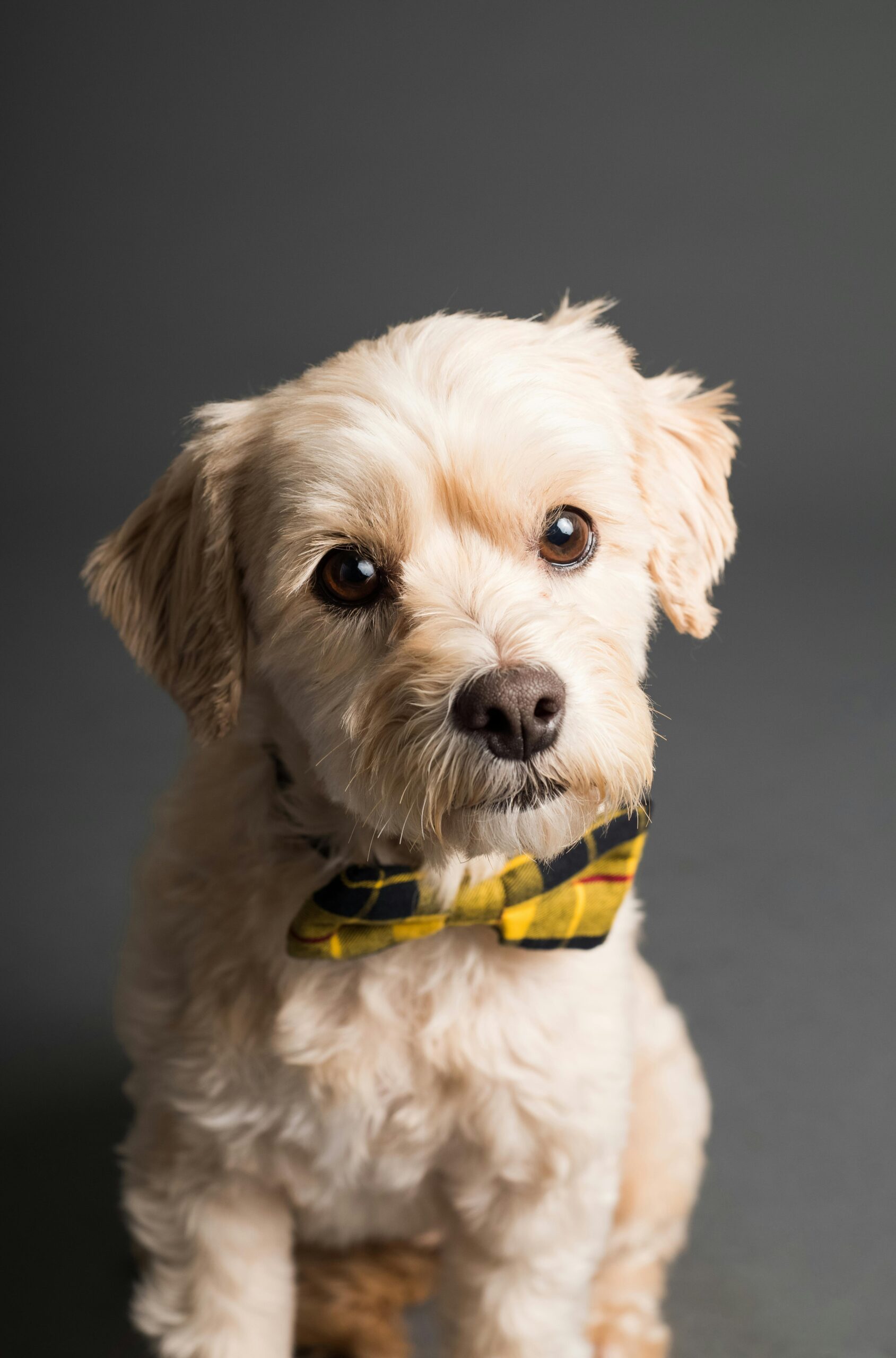
Leave a Reply